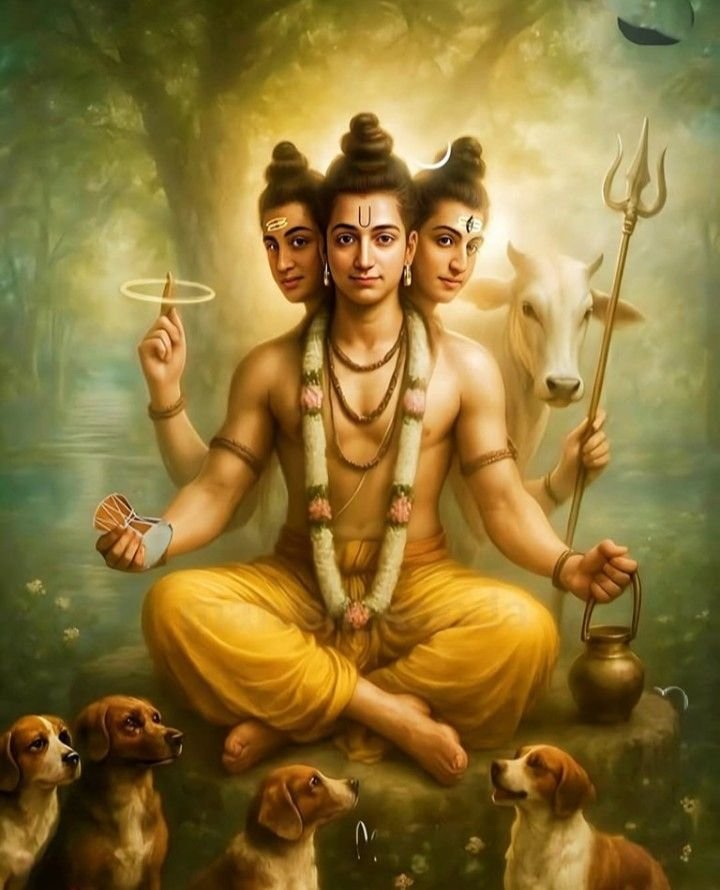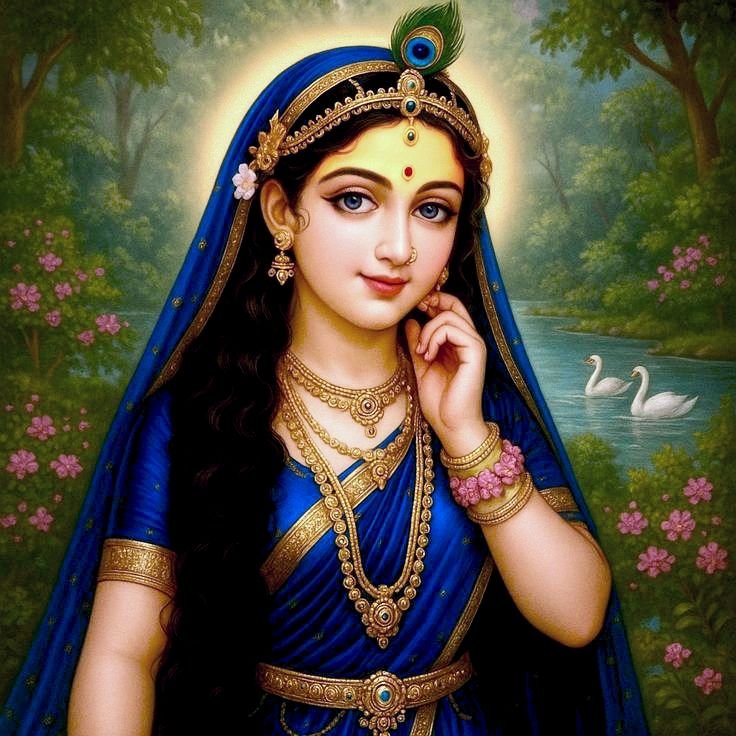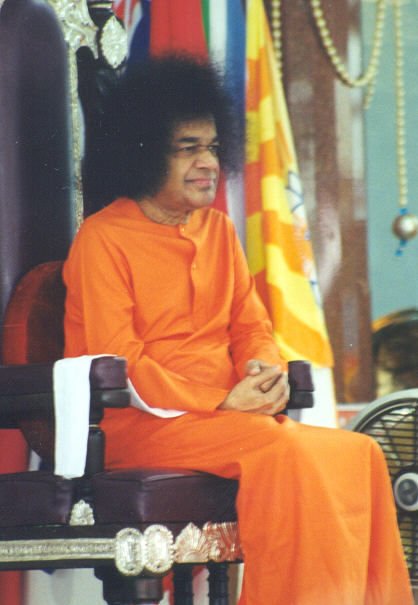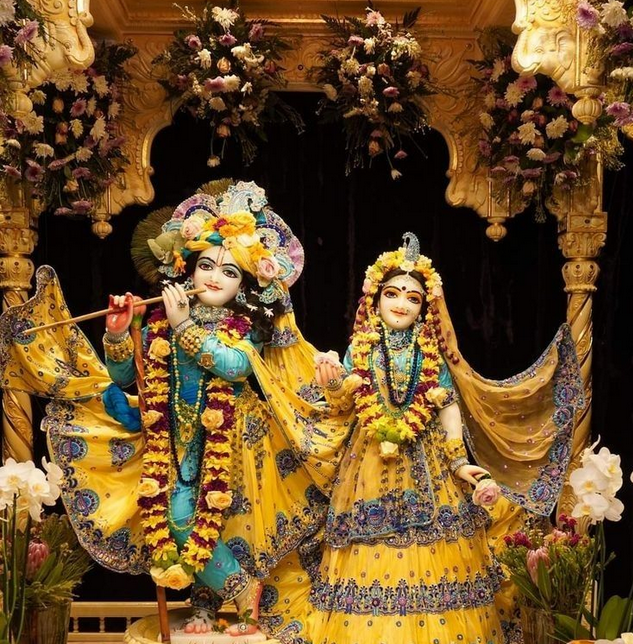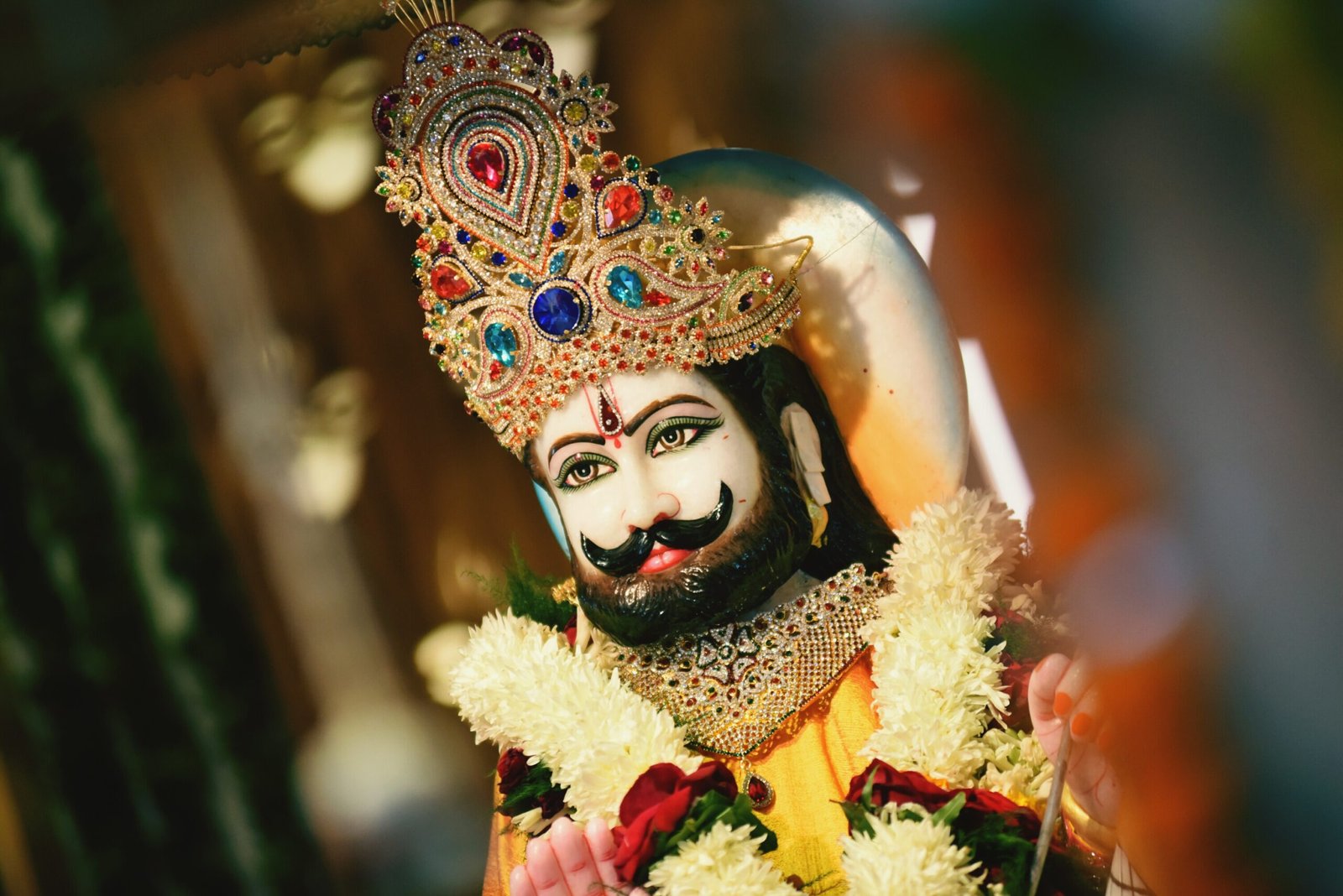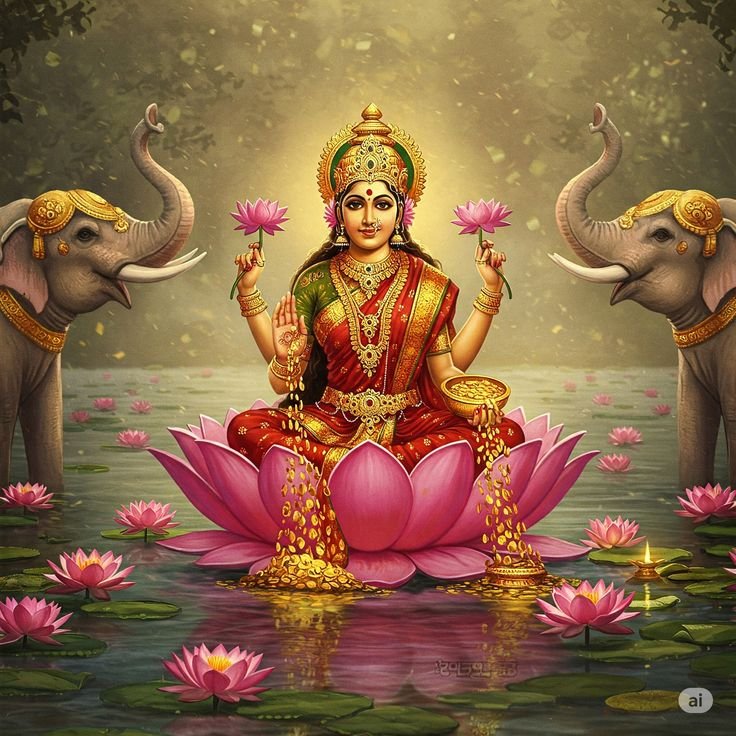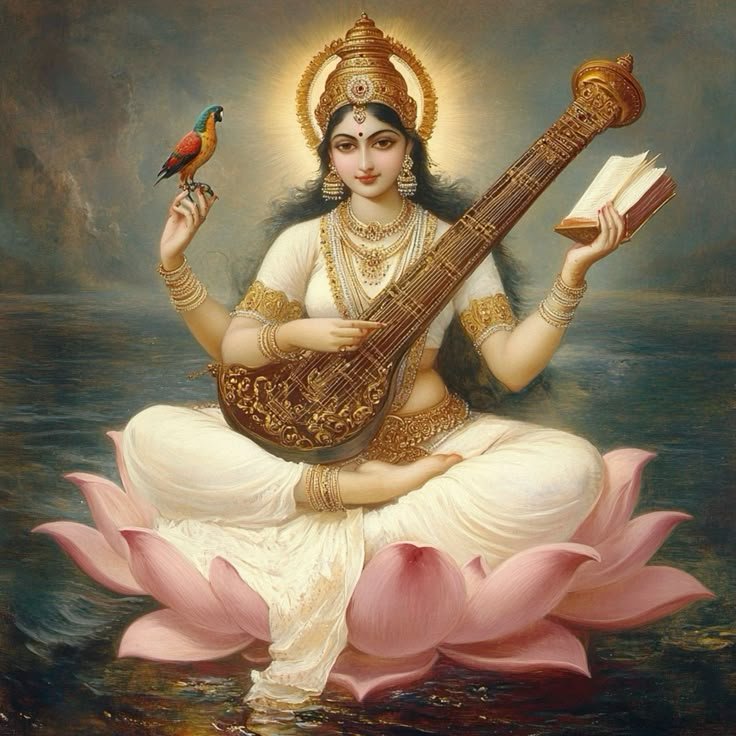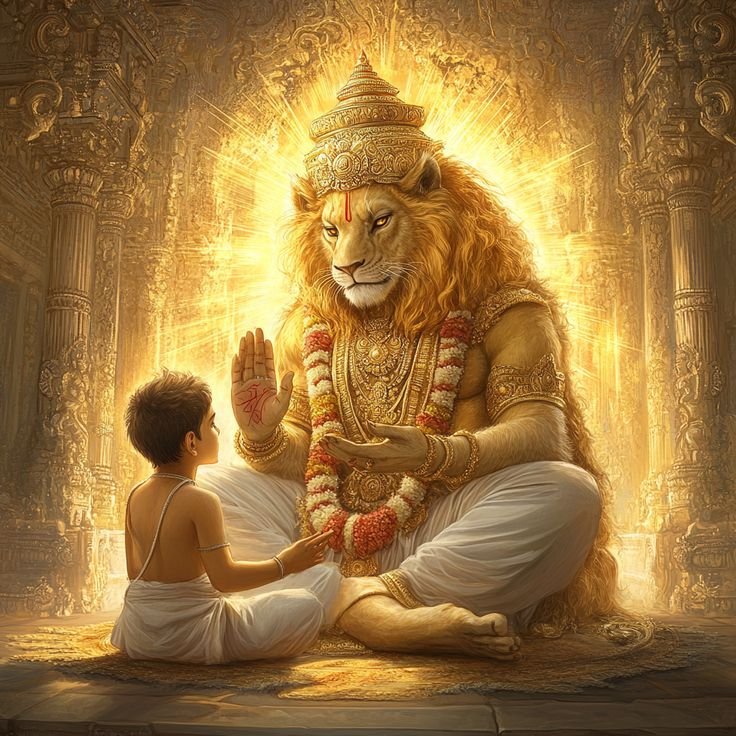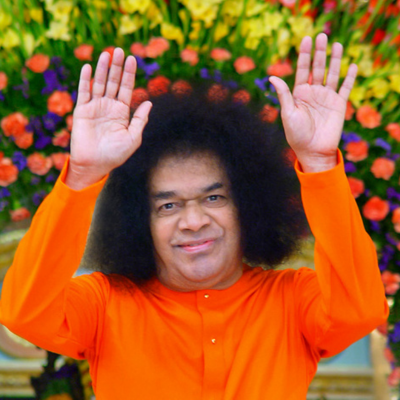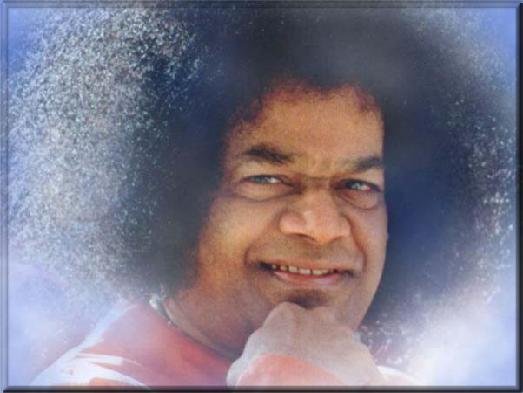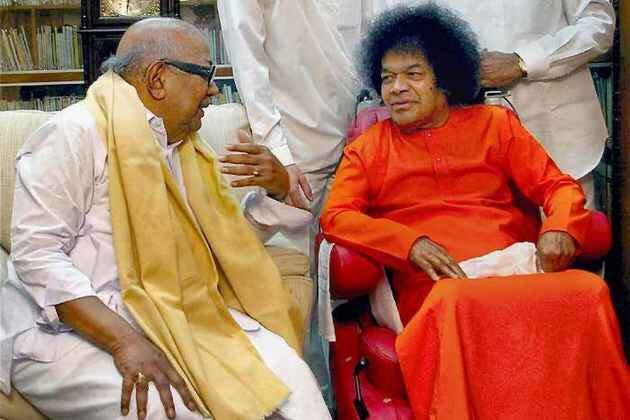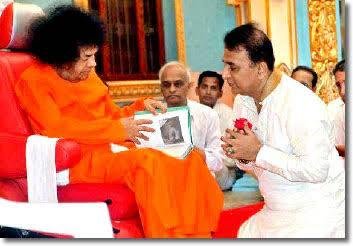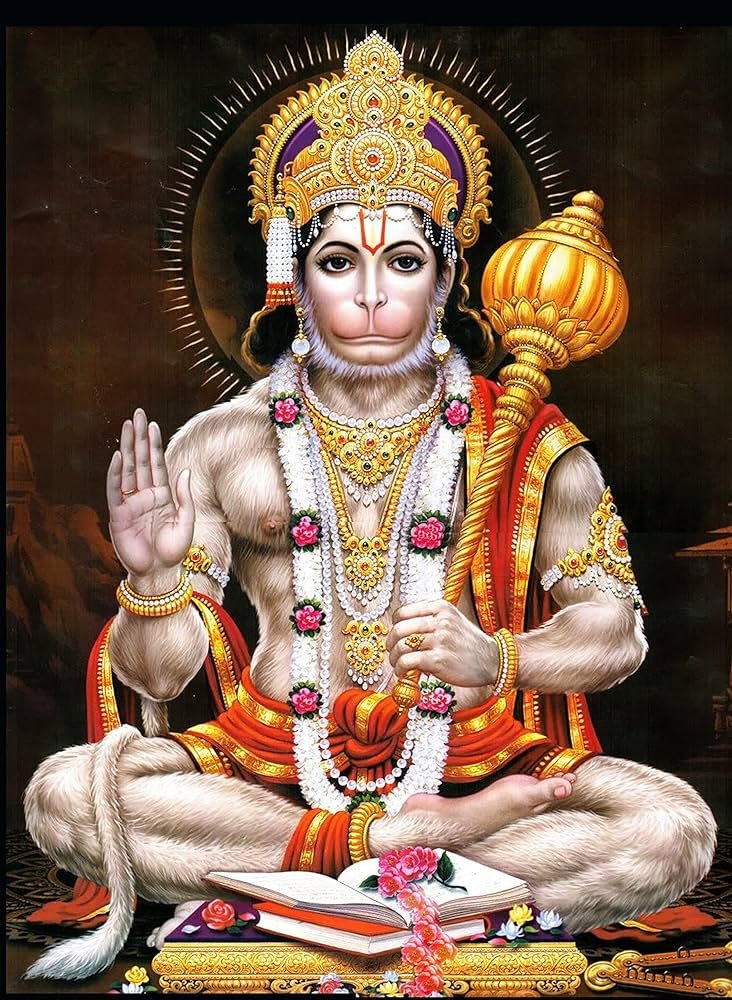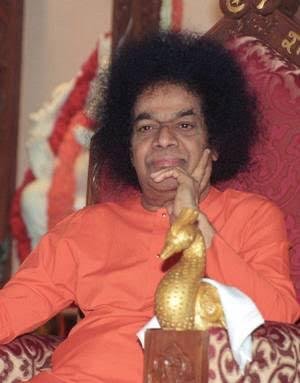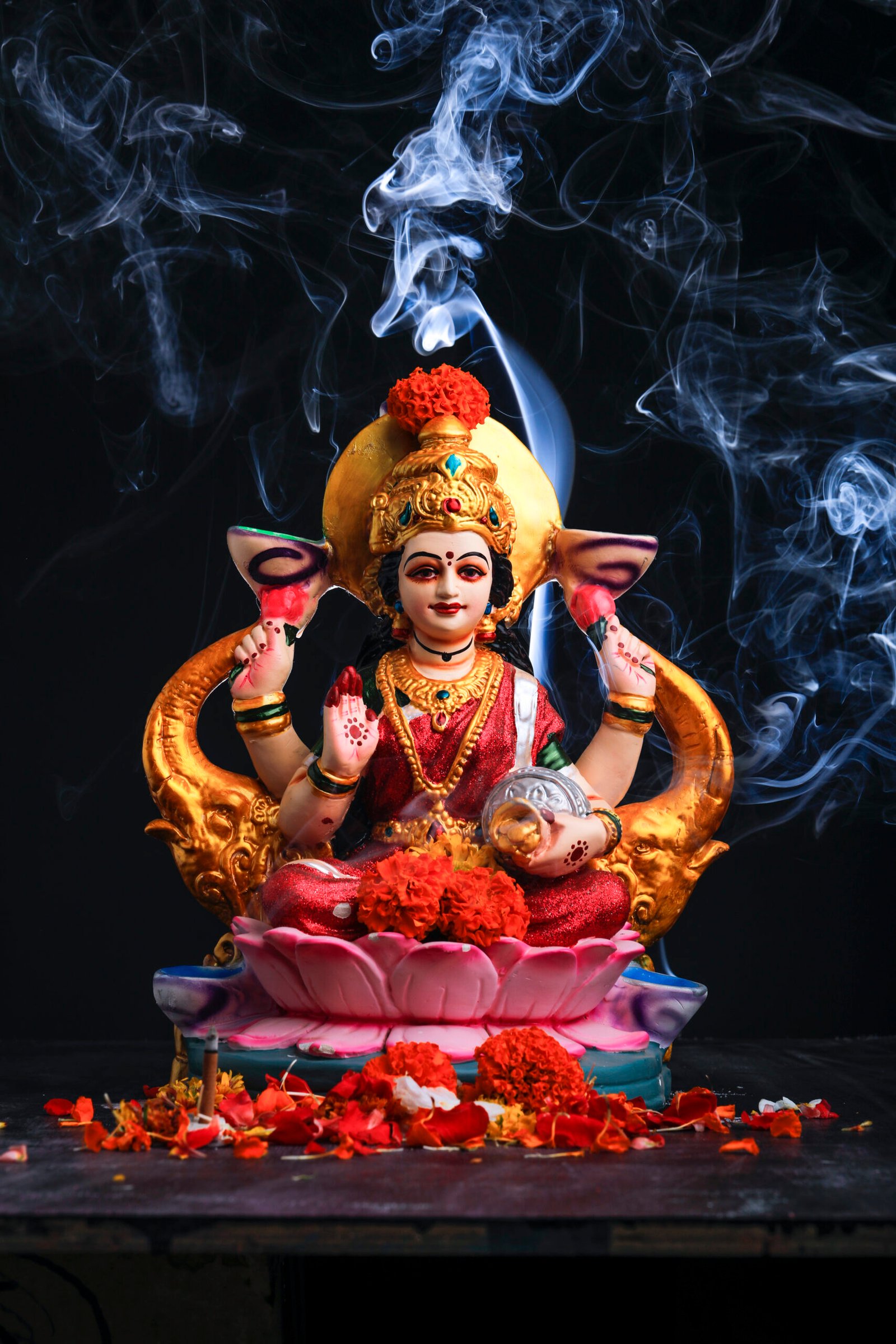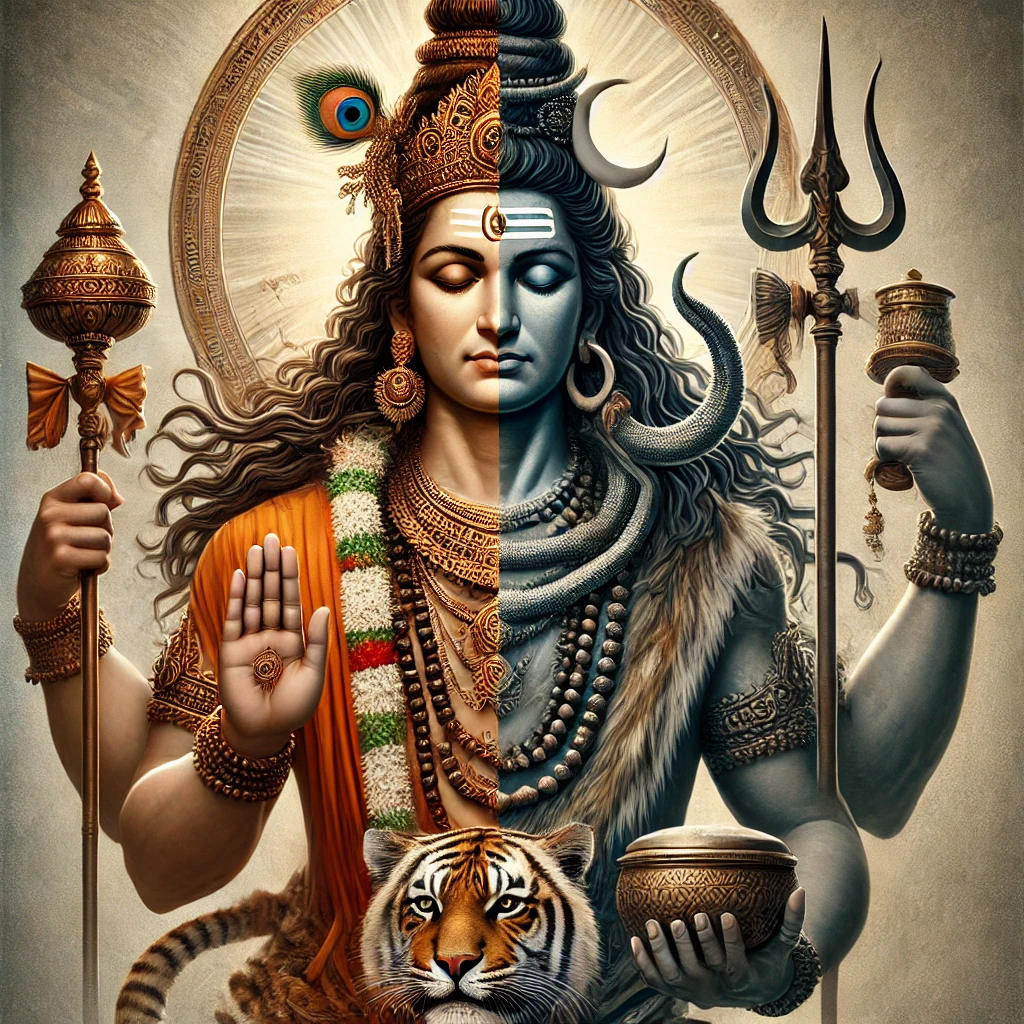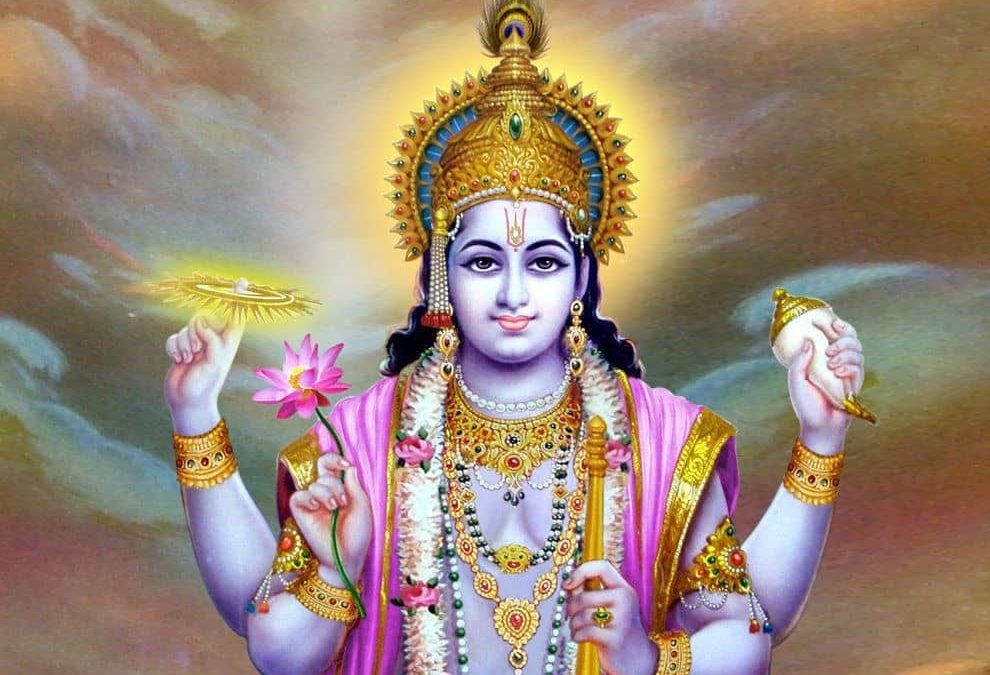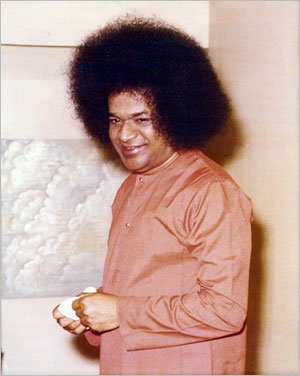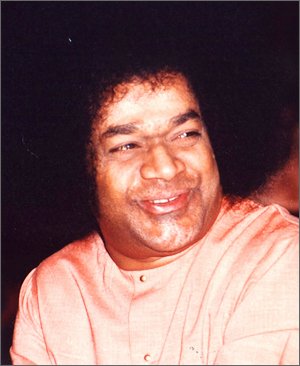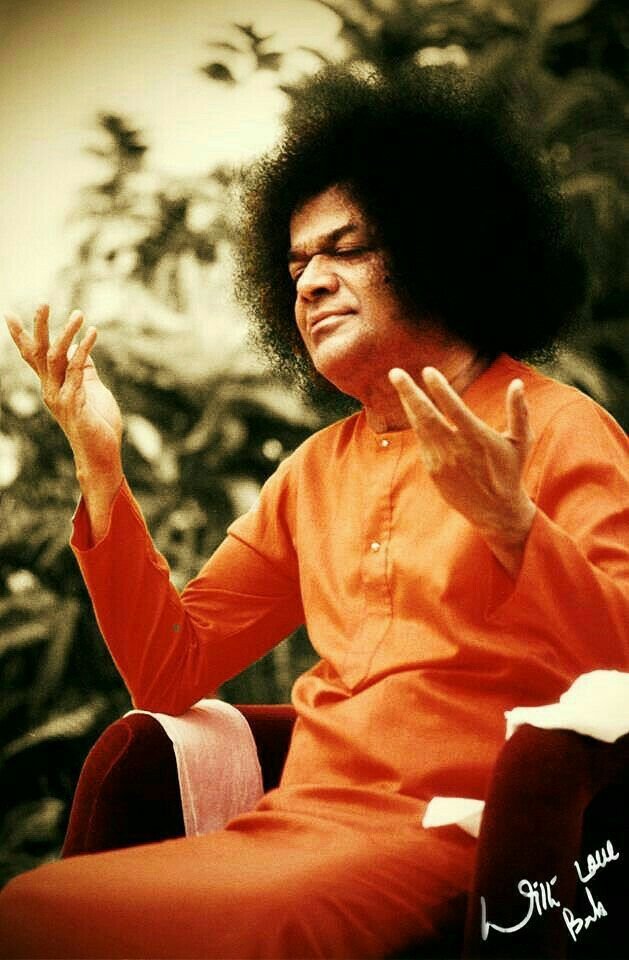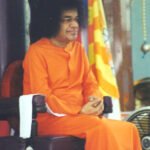Hindu Festival Pitru Paksha
Pitru Paksha
Pitru Paksha is a sacred 16-day period in the Hindu calendar dedicated to paying homage to one’s ancestors. It usually falls in the month of Bhadrapada (September–October), starting from the full moon day (Purnima) and ending on the new moon day (Amavasya), also called Sarva Pitru Amavasya. According to Hindu belief, during this time the souls of ancestors visit the earth to bless their descendants. To honor them, families perform Shraddha rituals, which include offering water (tarpan), food (pind daan), and prayers to ensure peace for the departed souls. Special dishes, often including kheer, puri, and seasonal fruits, are prepared and offered first to the ancestors and then shared among family members and the needy. Pitru Paksha is not only a way to express gratitude but also a reminder of the eternal bond between generations, emphasizing respect for family lineage and traditions.
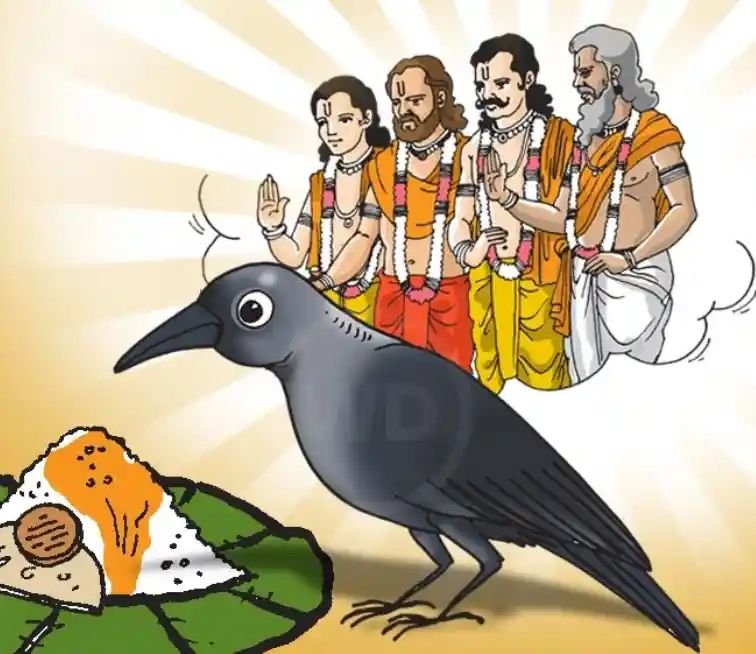

Pitru Paksha is a 16-day Hindu period devoted to honoring ancestors through rituals like Shraddha, tarpan, and pind daan, performed with devotion. It is believed that during this time, the souls of ancestors visit the earth, and offerings of food, water, and prayers bring them peace and blessings, ensuring harmony and prosperity for descendants.

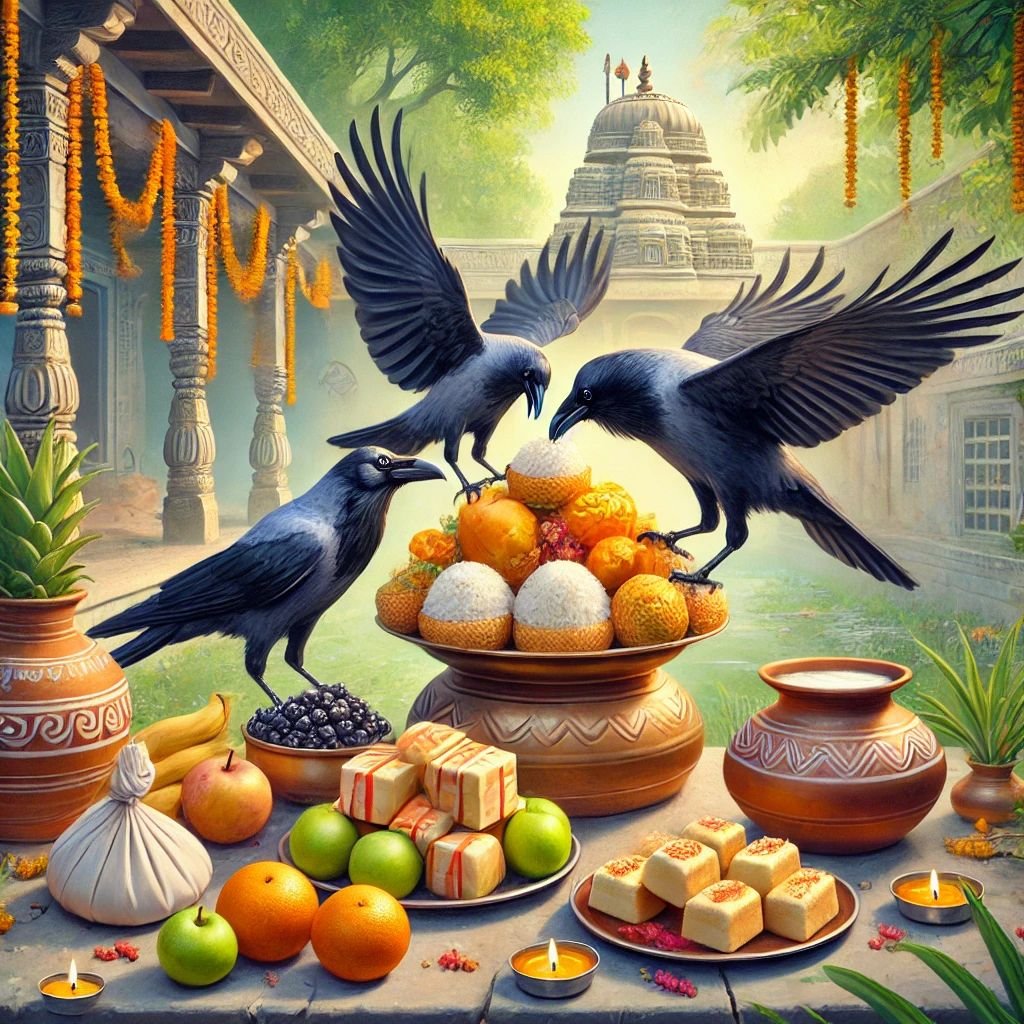

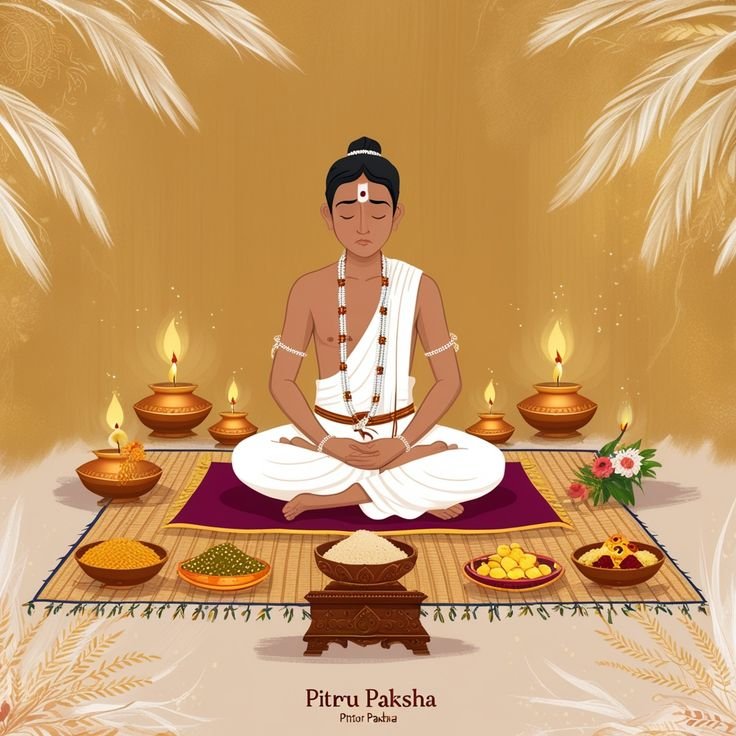


Rituals & Traditions of Pitru Paksha
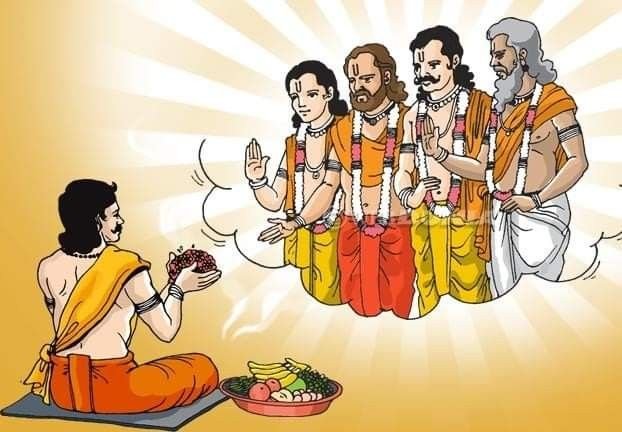
Pitru Paksha, also called Shraddha Paksha, is a sacred 16-day period in the Hindu lunar calendar dedicated to honoring ancestors. It usually falls in the month of Bhadrapada (September–October), beginning from the full moon day (Purnima) and ending on the new moon day (Amavasya), known as Sarva Pitru Amavasya. According to Hindu belief, during this period the souls of ancestors visit the earth to bless their descendants, and therefore families perform rituals to ensure their peace and salvation.
The most important ritual during Pitru Paksha is Shraddha, which includes offerings of food (pind daan), water (tarpan), and prayers for the departed souls. Traditional vegetarian dishes such as kheer, puri, dal, rice, vegetables, and fruits are prepared with devotion. These are first offered to the ancestors symbolically and then distributed among Brahmins, cows, crows, and the poor, who are considered mediums to deliver the offerings. Many devotees also engage in fasting, feeding the needy, and acts of charity, which are believed to bring spiritual merit.
Beyond the rituals, Pitru Paksha has great cultural and spiritual significance. It is a time to reflect on the contributions of forefathers, express gratitude, and acknowledge the eternal bond between generations. Observing Pitru Paksha sincerely is believed to bring peace to ancestors’ souls and bestow blessings of prosperity, harmony, and protection upon the family.
Spiritual Importance & Cultural Significance
Pitru Paksha, also known as Shraddha Paksha, is a deeply significant 16-day period in the Hindu calendar dedicated to paying homage to ancestors. It usually falls in the lunar month of Bhadrapada (September–October), beginning on the full moon day (Purnima) and ending on the new moon day (Amavasya), also known as Sarva Pitru Amavasya. According to Hindu belief, it is during this fortnight that the souls of departed ancestors visit the earth to bless their descendants. To express gratitude and ensure peace for their souls, devotees perform rituals collectively known as Shraddha. The rituals of Pitru Paksha include tarpan (offering water), pind daan (offering rice balls mixed with sesame and barley), and food offerings. Special vegetarian meals are prepared, such as kheer, puri, dal, rice, seasonal vegetables, and fruits, which are first offered to the ancestors with devotion. Traditionally, the food is then given to Brahmins, crows, cows, and the poor, symbolizing the sharing of blessings and ensuring that the offerings reach the departed souls. Feeding the needy and acts of charity are also considered essential, as they reflect compassion and humility. Pitru Paksha is not only about rituals but also carries a profound spiritual message. It highlights the cycle of life and death, reminding people of the eternal bond between generations. By remembering the contributions and sacrifices of forefathers, individuals strengthen their connection to their roots and uphold family traditions. Observing this period with sincerity is believed to bring peace to ancestors, liberation to their souls, and blessings of prosperity, harmony, and protection for the living family. Thus, Pitru Paksha is both a spiritual and cultural observance, teaching gratitude, respect, and the importance of lineage, while keeping alive the timeless value of honoring one’s ancestors.
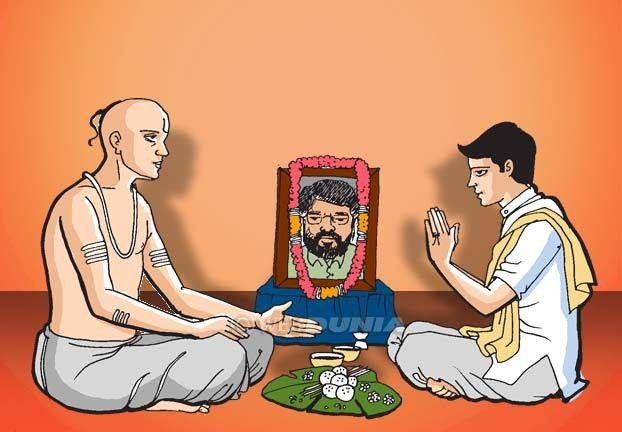

Food & Sweets & Modern Celebrations
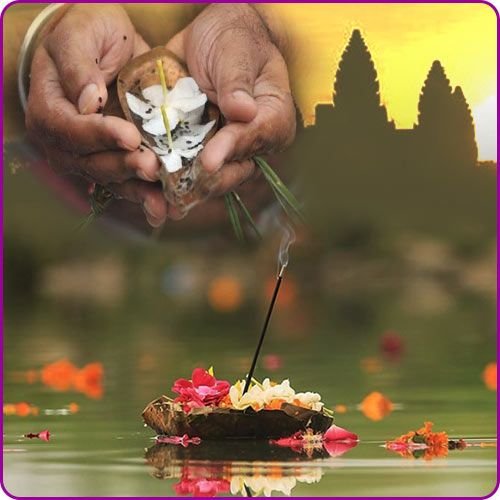
Pitru Paksha, also known as Shraddha Paksha, is a sacred 16-day period in the Hindu lunar calendar dedicated to honoring and remembering one’s ancestors. It occurs in the month of Bhadrapada (September–October), beginning on the full moon day (Purnima) and ending on the new moon day (Amavasya), also known as Sarva Pitru Amavasya. According to ancient Hindu belief, during this fortnight, the souls of departed forefathers descend to the earth to bless their descendants. To express gratitude and ensure peace for these souls, Hindus perform rituals known as Shraddha. The primary rituals of Pitru Paksha include tarpan (offering water with sesame seeds), pind daan (offering balls made of rice, barley, and sesame), and food offerings. Devotees prepare traditional vegetarian meals such as kheer, puri, rice, dal, vegetables, and fruits, which are first symbolically offered to the ancestors and then served to Brahmins, cows, crows, and the poor. These acts are believed to carry the essence of offerings to the departed souls, ensuring their satisfaction and blessing the family with prosperity and harmony. Acts of charity, feeding the needy, and observing simplicity are strongly encouraged during this period.Pitru Paksha also carries deep spiritual and cultural importance. It emphasizes the value of gratitude and remembrance, teaching that the living are forever connected to their lineage. By acknowledging the contributions and sacrifices of ancestors, families maintain continuity with traditions and honor their roots. Observing Pitru Paksha with sincerity is believed to grant peace to departed souls and bring health, wealth, and spiritual well-being to future generations. In essence, Pitru Paksha is more than a ritual; it is a time of reflection, devotion, and respect that bridges the bond between the past, present, and future, reminding us of the timeless cycle of life and the eternal presence of our ancestors.

